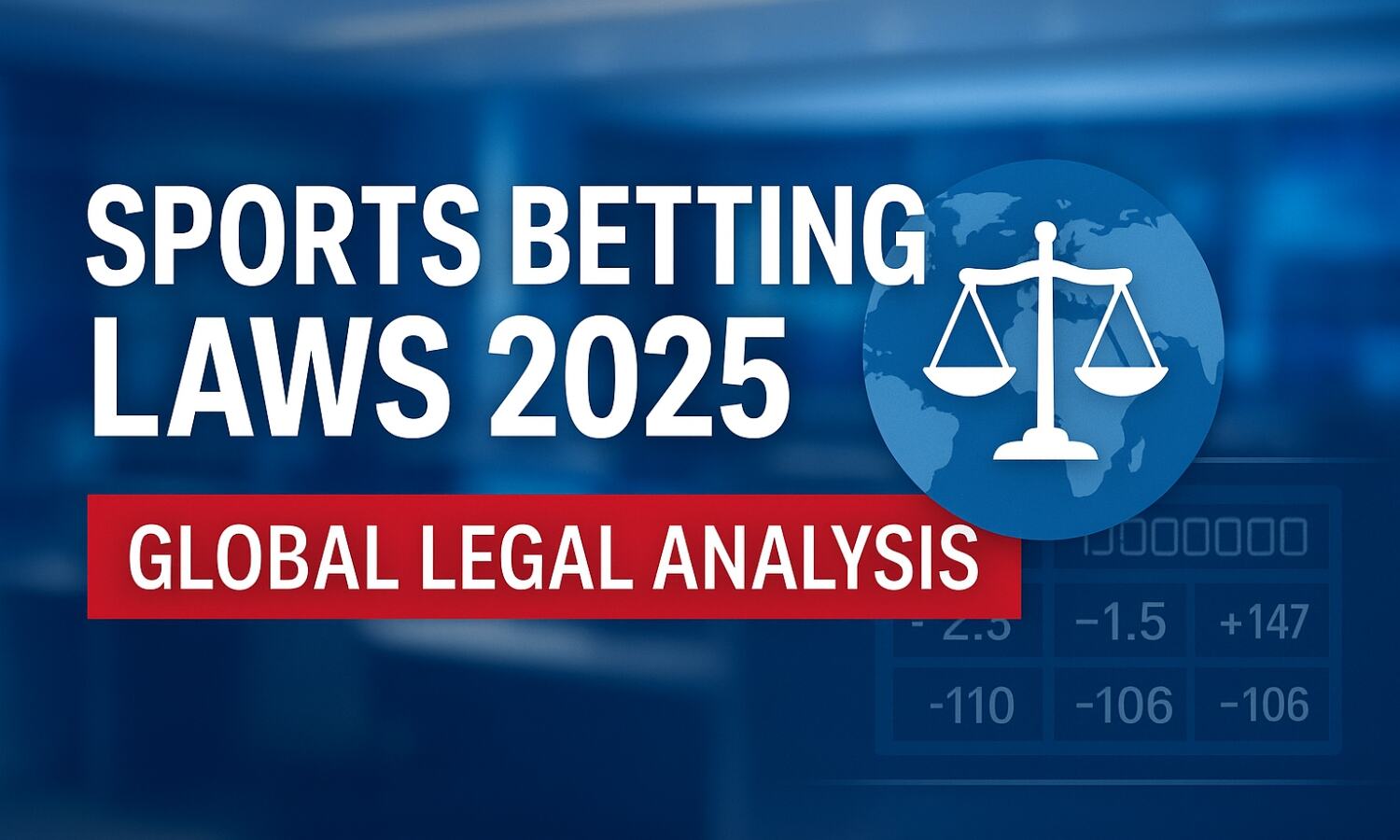
Sports betting in 2025 sits at the intersection of technology, financial regulation, consumer protection, and international law. As digital wagering grows across both traditional and emerging markets, legislators worldwide are refining regulatory models to address public welfare, cross-border enforcement, and the unique challenges of crypto-based gambling platforms, including offshore operators such as toshi.bet.
This article examines the legal architecture governing sports betting, with a focus on compliance frameworks, licensing standards, AML obligations, and risks associated with unregulated or partially regulated digital markets.
Regulatory Purpose: A Legal and Public-Policy Perspective
Legal scholars and regulatory agencies broadly agree that stringent oversight is necessary due to:
- Asymmetric risk exposure between consumers and operators
- Behavioral vulnerabilities, including addiction and financial harm
- Market integrity issues, such as match-fixing and unverified odds models
- Cross-border jurisdictional challenges, particularly concerning crypto wagering
- The core objective of modern regulation is not to encourage wagering but to mitigate harm, ensure operational transparency, and reduce illicit financial activity.
Key Legal Frameworks Across Major Jurisdictions
A. United States: State-Level Regulation Post-PASPA
Following the 2018 repeal of PASPA, authority over sports wagering shifted to individual states.
Common statutory obligations include:
- Mandatory identity verification (KYC) under the Bank Secrecy Act
- AML reporting in line with FinCEN requirements
- Licensing through state gaming commissions
- Advertising and marketing restrictions
- Responsible-gambling mechanisms such as self-exclusion and affordability checks
Regulation remains inconsistent nationwide, with some states permitting online wagering and others maintaining complete prohibitions.
B. European Union: National Rules Within a Consumer-Protection Framework
EU member states oversee gambling individually, though several consumer-protection standards align with EU directives.
Prominent regulatory structures include:
- Malta Gaming Authority (MGA): stringent licensing and compliance audits
- Spelinspektionen (Sweden): deposit controls, marketing restrictions, and public-health mandates
- Germany’s GlüStV: centralized licensing, data monitoring, and advertising rules
Across the EU, regulators prioritize transparency, responsible gambling, and financial oversight.
C. United Kingdom: A Comprehensive and Evolving Regulatory Model
Under the Gambling Act 2005, reinforced through ongoing reforms, the UK system requires:
- Mandatory age and identity verification
- Strict adherence to POCA for AML and counter-terrorist financing
- Transparent disclosure of terms and conditions
- Oversight of algorithmic fairness and payout integrity
The UK Gambling Commission imposes some of the world’s most demanding compliance standards.
D. Australia: Focus on Harm Minimization and Advertising Controls
The Interactive Gambling Act 2001 governs online wagering, emphasizing:
- Prohibition of unlicensed offshore operators
- Restrictions on inducements and advertising
- Intervention mechanisms to protect vulnerable persons
- Transaction blocking in cooperation with financial institutions
Australia’s regulatory stance is primarily grounded in public-health considerations.
E. Offshore and Crypto-Based Betting Licenses
Many online betting platforms, including some crypto-oriented services, operate under licenses from jurisdictions such as Curaçao or Anjouan.
These licenses often provide limited consumer-protection guarantees and may not align with stricter AML or data-governance standards implemented in the EU, US, or UK.
Domestic legality always depends on the bettor’s home jurisdiction, even when a platform is licensed offshore.
AML, KYC, and Financial Compliance Obligations
Sports-betting operators are increasingly treated as financial entities, making them subject to global regulatory frameworks. In addition to traditional monitoring requirements, some digital platforms particularly those operating in crypto environments incorporate platform-level incentives that may influence user behavior and transaction flows, complicating both AML scrutiny and risk assessments.
Key compliance requirements include:
- KYC verification at account creation or prior to withdrawals
- AML surveillance to detect suspicious financial activity
- Transaction monitoring, especially for high-risk payments involving digital assets
- Record retention, enabling audits by financial and gambling authorities
These rules aim to prevent money laundering, terrorist financing, tax evasion, and fraud.
Consumer Protection and Responsible-Gambling Law
Modern legislation is heavily shaped by public-health research and risk-prevention mandates.
Common statutory protections include:
- Deposit, loss, or time limits to curb excessive gambling
- National self-exclusion registries (e.g., GAMSTOP, Spelpaus)
- Mandatory disclosure of gambling risks
- Restrictions on real-time advertising during sporting events
- Requirements for early detection of risky behavior using data analytics
Empirical studies consistently show these measures reduce the likelihood and severity of gambling-related harm.
Legal Risks of Unregulated or Grey-Market Betting
- Engaging with unlicensed betting platforms whether domestic or offshore presents numerous risks:
- No legal recourse for disputes or unpaid winnings
- Potential violation of national gambling laws
- Exposure to unverified algorithms or non-transparent financial practices
- Heightened risk of AML scrutiny due to anonymous or poorly monitored transactions
- Possible non-compliance with tax reporting obligations
Regulated markets offer significantly higher levels of legal protection and accountability.
Conclusion
The legal landscape surrounding sports betting in 2025 reflects an ongoing effort by lawmakers to balance innovation with accountability. As technology evolves particularly with the expansion of crypto-based wagering regulation increasingly focuses on consumer protection, financial integrity, and cross-border enforcement. For legal practitioners, compliance officers, and policy researchers, an understanding of the underlying statutory frameworks, risk controls, and international regulatory trends is essential for evaluating the sector responsibly.